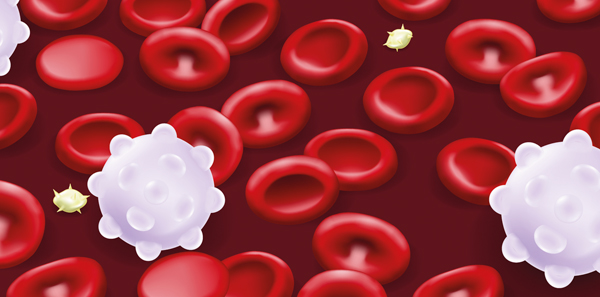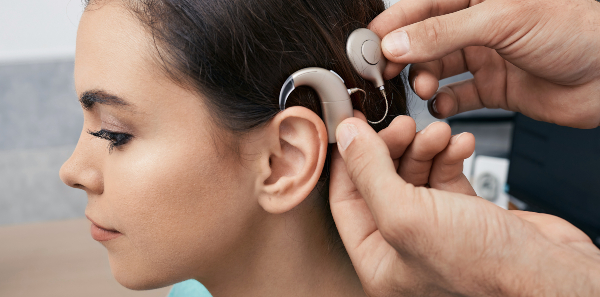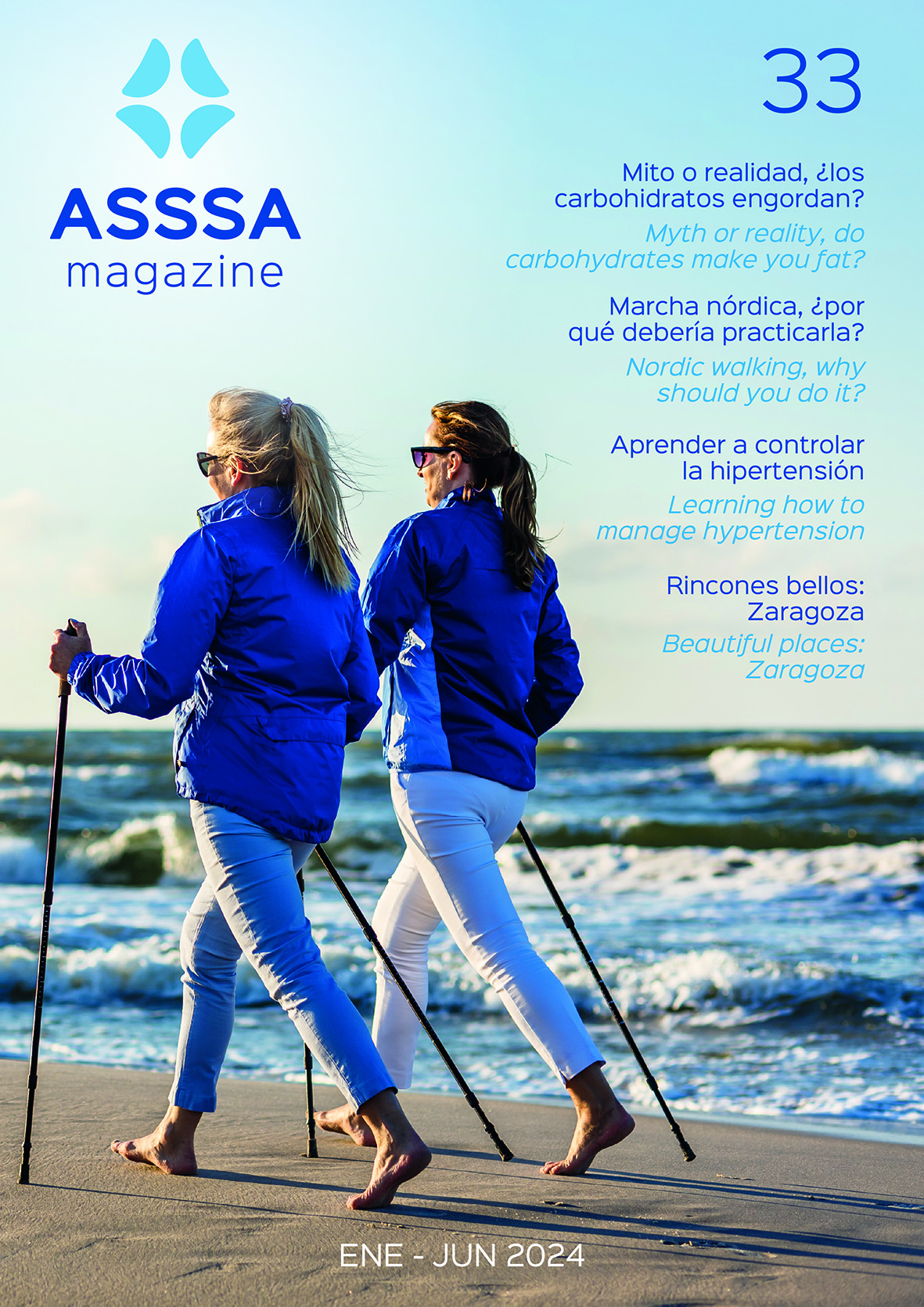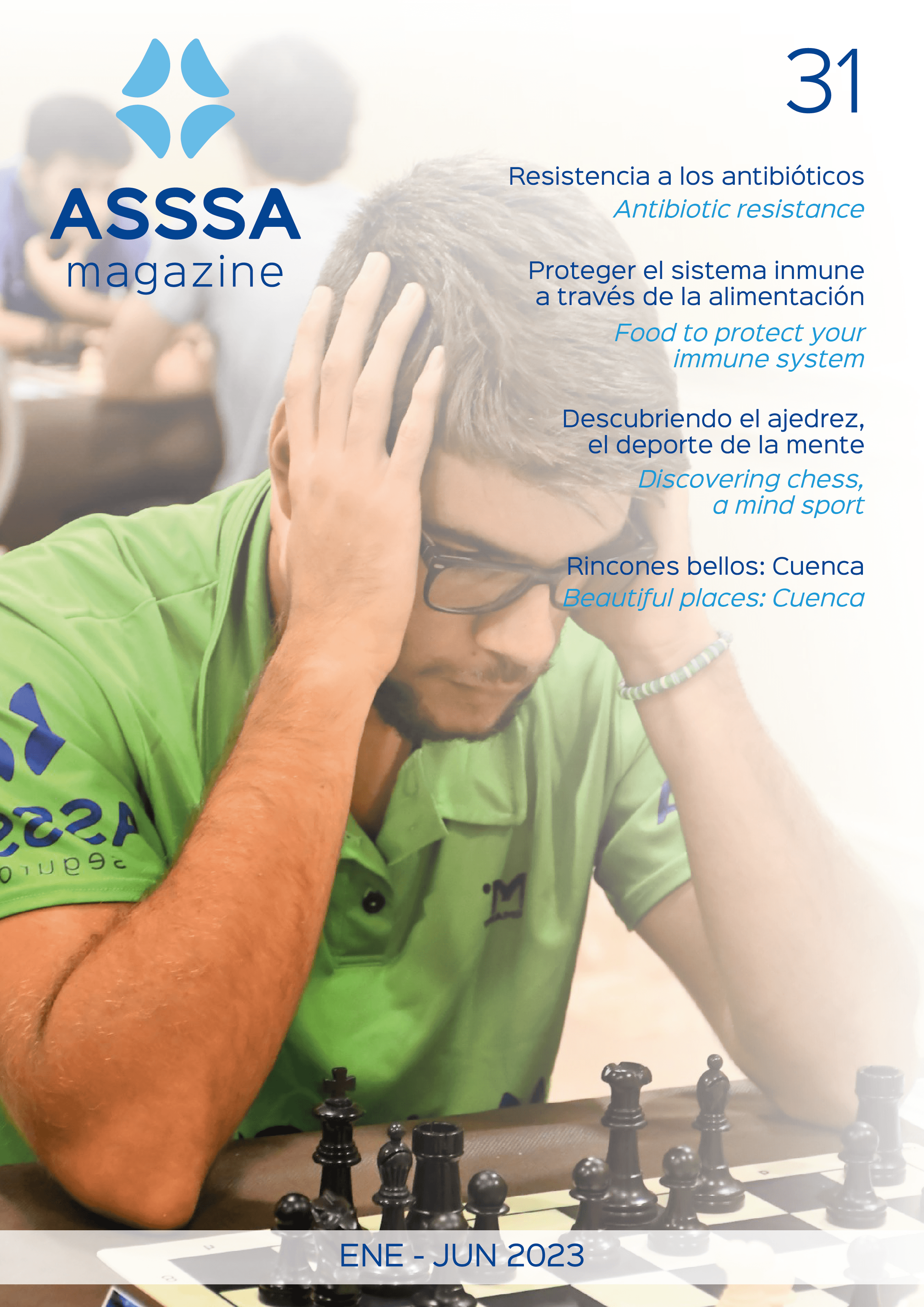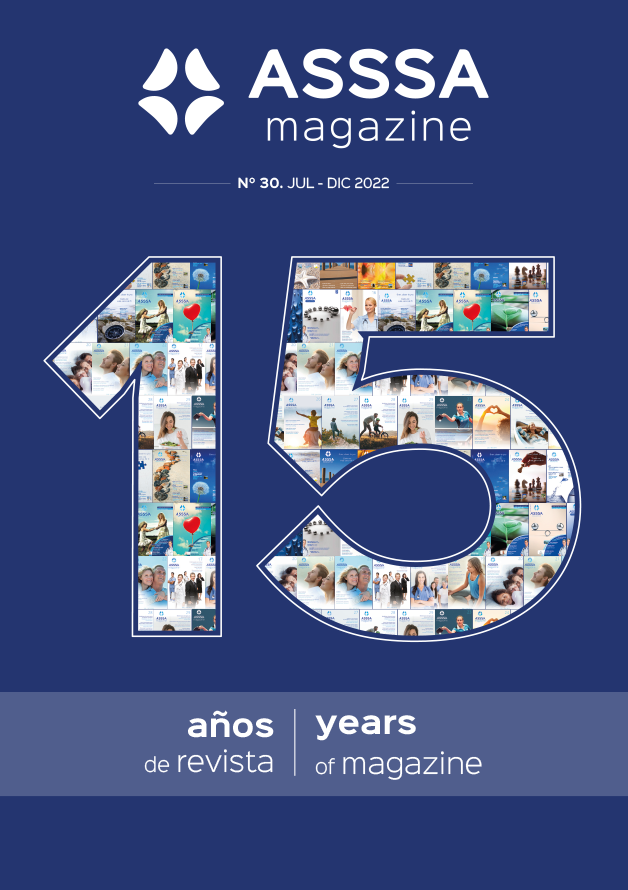
Meningitis is inflammation of the meninges, the thin membranes that surround the brain and spinal cord. There are three meningeal layers: dura mater, pia mater and arachnoid.
The most common causes of meningitis are viral or bacterial. Other less common causes are poisoning, fungus, parasites, or tumours.
Viral meningitis is the most common (80%). The nervous system can be infected by multiple viruses and most of them can cause an acute, usually febrile, condition that causes a meningeal syndrome or a neurological deficit in hours or days. The severity of the infection will depend on the type of virus. The most common viruses are enterovirus, herpes virus, HIV, mumps and Nile virus. The most common symptoms are headache, photophobia, high temperature or feverishness, diarrhoea, tiredness.
Bacterial meningitis is usually an emergency and should be treated immediately in hospital. The most frequent pathway of entry is the haematogenous route by microorganisms that normally live in the nasopharynx and oropharynx. They are generally pyogenic microorganisms, which cause an acute set of symptoms and induce an inflammatory response in the CSF (cerebrospinal fluid). Other less frequent bacterial infections are caused by tuberculosis, syphilis, brucellosis, leptospirosis, and Lyme disease. The most common symptoms are severe headache, photophobia, high fever with chills or convulsions, and stiffness of the nape of the neck, sometimes with opisthotonus (arched neck and head backwards).
The diagnostic test par excellence is lumbar puncture for CSF study. Other tests to be performed are a blood culture, a chest x-ray (Rx) and a cranial CT scan.
The most significant complications include brain damage, subdural effusion, hearing loss or deafness, hydrocephalus, seizures and death.
Viral acute meningitis, except the kind caused by the herpes virus, has no specific treatment.
Untreated bacterial meningitis is fatal in almost all cases. With early and appropriate treatment, the mortality rate is lower than 10%. It is a medical emergency and a cure depends exclusively on antibiotic treatment.
Meningitis prevention in the community is linked to vaccination. Systematic vaccination of infants with the pneumococcal vaccine will decrease the incidence of pneumococcal meningitis. In adults and the elderly this is achieved with the polyvalent vaccine.

